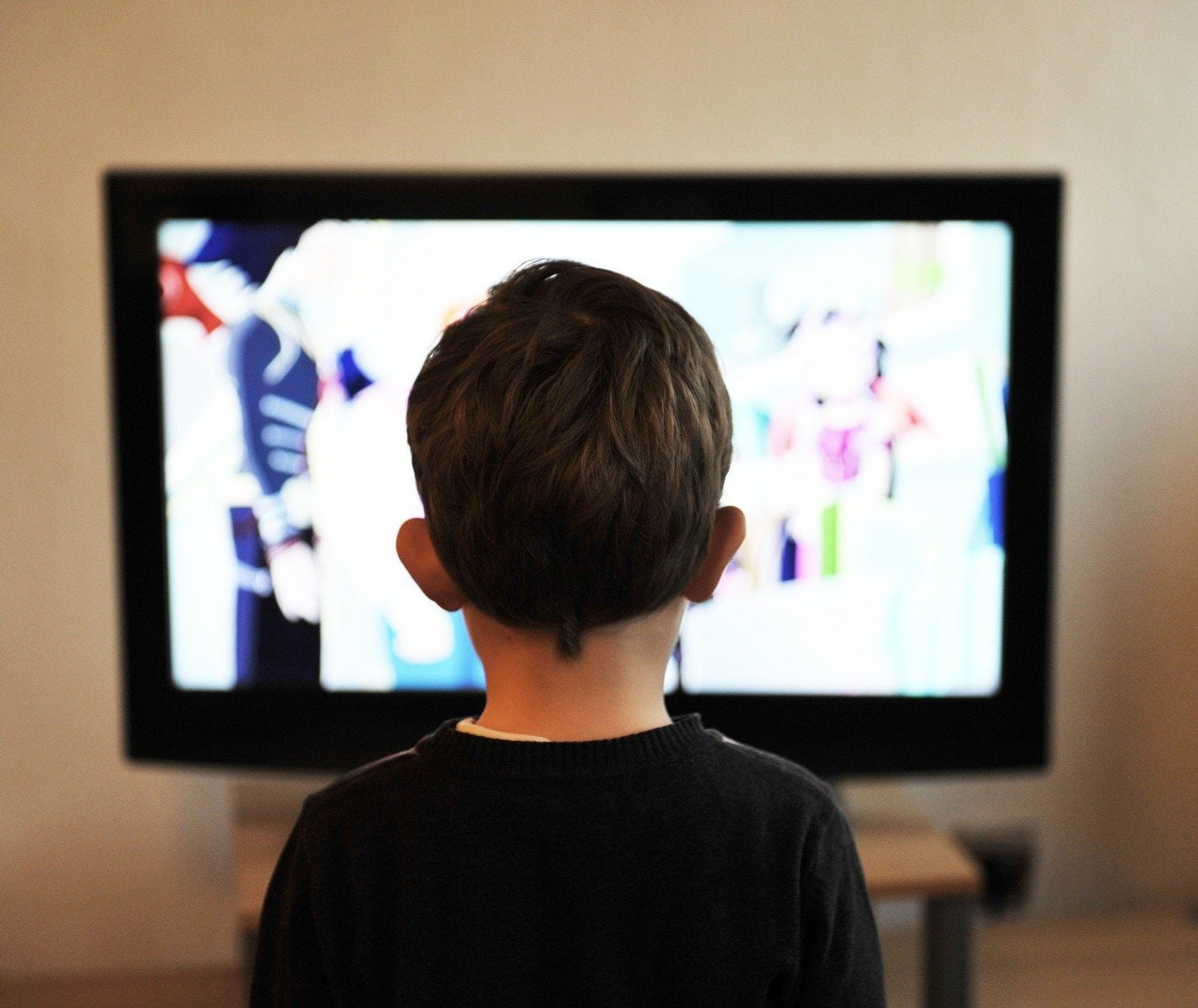
Norway’s government is to ban the advertising of food and beverage products deemed to be unhealthy targeted at the under 18 age group.
The move was approved by a majority in the country’s parliament, the Storting, on Friday (2 June). The ban had been proposed last month in a public health white paper.
The junk food rules will come into force at the start of next year when a ban on the sale of energy drinks to people under the age of 16 will also be introduced.
What exactly constitutes unhealthy food within the terms of reference of the legislation remains unclear.
A spokesperson for Norwegian dairy group Tine said: “It is currently too early to say what the rules will be and which products are covered by these regulations. For a long time, Norway has had a self-regulated system that Tine has positively supported.
“We develop healthy and nutritious products for both children and adults – and we will of course stay within the regulations at all times, also when it comes to marketing towards children.”
When contacted by Just Food, a spokesperson for the Norwegian food and beverage industry trade body NHO Food & Drink, said it had not yet composed a response to the news but was in the process of doing so.
Welcoming the move in a tweet and claiming a first for the country, Mina Gerhardsen, secretary general of the country’s National Association for Public Health and a former MP from the Labour Party – the senior partner in the country’s coalition government – said: “First in the world to put the consideration of children’s health before the interests of the market players. Really something to be proud of!
“Such victories do not come by themselves. They require a lot of effort, good knowledge, strong alliances and brave politicians. This time it all fell into place.”
Local health sector publication Dagens Medisin reported Gerhardsen describing the move as “huge and historic”.
In a statement she said: “Advertising bans to protect children’s health are an issue in a number of countries. The recommendations from WHO [the World Health Organization] and the UN [United Nations] are unequivocal that we must put this in place. We are the first to deliver on this.”
Dagens Medisin said previous attempts by Norwegian governments to introduce such a ban were met with resistance from industry and a self-regulation scheme was adopted instead.
Adressing this in her statement, Gerhardsen said: “The last time this was the topic, the proposal ended up in a drawer after massive campaigns by the industry. We will not let that happen again. We have a lot of knowledge about the importance of advertising for children’s health, with direct correlation between amount of advertising and calorie intake.”
Speaking to local broadcaster TV2, Cecilie Myrseth, health policy spokesperson for the Labour Party, said: “I am very happy that we have now got a majority here in the Storting with us to stop the aggressive marketing of unhealthy food towards children and young people.
“A ban is a strong signal that we are now taking a new turn…there will be consequences for breaking the ban.”
Inger Lise Blyverket, a director of the Consumer Council, which has advocated for such a ban, told the broadcaster: “A ban is in itself a very clear signal to the industry that they have to find other ways to handle their marketing needs than the way they operate today.”
Norway’s government is facing the ire of the country’s seafood industry over its plans to introduce an aquaculture tax.
The original plan for a tax of 40% on the profits of salmon and trout farmers was scaled back to 35% in March following industry pressure.


